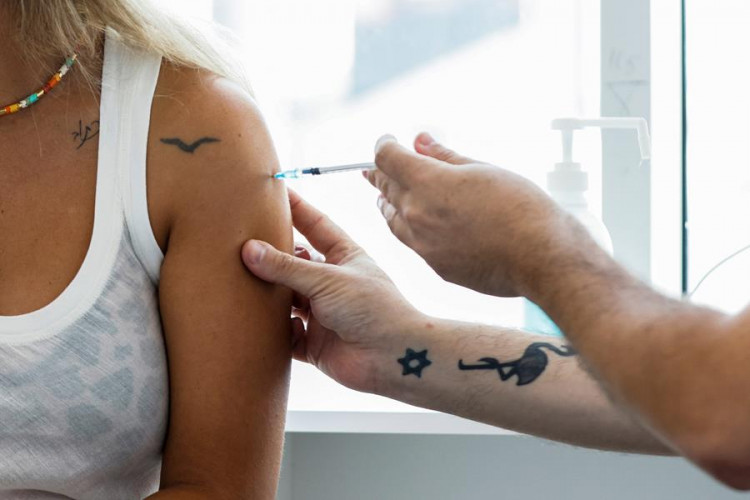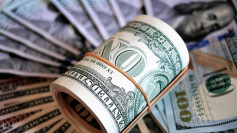Massachusetts health officials and the Centers for Disease Control and Prevention confirmed a single case of monkeypox in a patient who had recently visited Canada on May 18. The U.K. and Europe have also reported cases.
There are currently roughly 80 confirmed cases in 11 countries where the disease is not generally expected.
So, what exactly is going on? Is it time to be concerned, or are we overly hyping this having lived through COVID?
Monkeypox is caused by the monkeypox virus, which is a part of the Poxviridae viral family known as Orthopoxvirus. Smallpox, vaccinia, and cowpox viruses are included in this subset. While there is no confirmed animal reservoir for monkeypox virus, African rats are thought to play a role in transmission.
Only twice in nature has the monkeypox virus been isolated from an animal. Monkeypox diagnostic testing is now only available at Laboratory Response Network labs in the U.S. and around the world.
The term "monkeypox" refers to the first known cases of the sickness in animals in 1958, when two outbreaks occurred in laboratory monkeys. The virus, however, did not spread from monkeys to humans, and monkeys are not major carriers of the disease.
To be perfectly clear, this isn't another COVID pandemic, and lockdowns to stop the spread of monkeypox aren't imminent.
This is, nevertheless, a rare and exceptional monkeypox outbreak. It has caught disease experts completely off guard, and it is always a cause for alarm when a virus changes its behavior.
Monkeypox had been quite predictable up until now.
Wild animals, which are assumed to be rodents rather than monkeys, are the virus's natural habitat. Someone in the Western and Central African rainforests comes into contact with an infected critter, and the virus spreads between species. A rash appears on their skin, which boils and eventually scabs over.
While monkeypox is uncommon and typically not fatal, one strain of the disease kills about 10% of those affected. The current strain of the virus is expected to be milder, with a mortality rate of less than 1%.
The primary goal of monkeypox treatment is to alleviate symptoms. According to the CDC, there are no treatments available to treat monkeypox infection.
The smallpox vaccine appears to help prevent monkeypox infections and reduce the severity of the symptoms. In the U.S., one vaccine, Imvamune or Imvanex, is approved to prevent monkeypox and smallpox.
Following viral exposure, vaccination may help reduce the risk of severe illness. Smallpox vaccination is now recommended exclusively for persons who have been or are likely to be exposed to monkeypox, according to the CDC. Immunocompromised people are particularly vulnerable.






